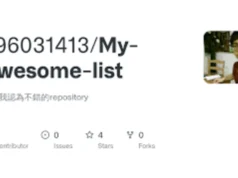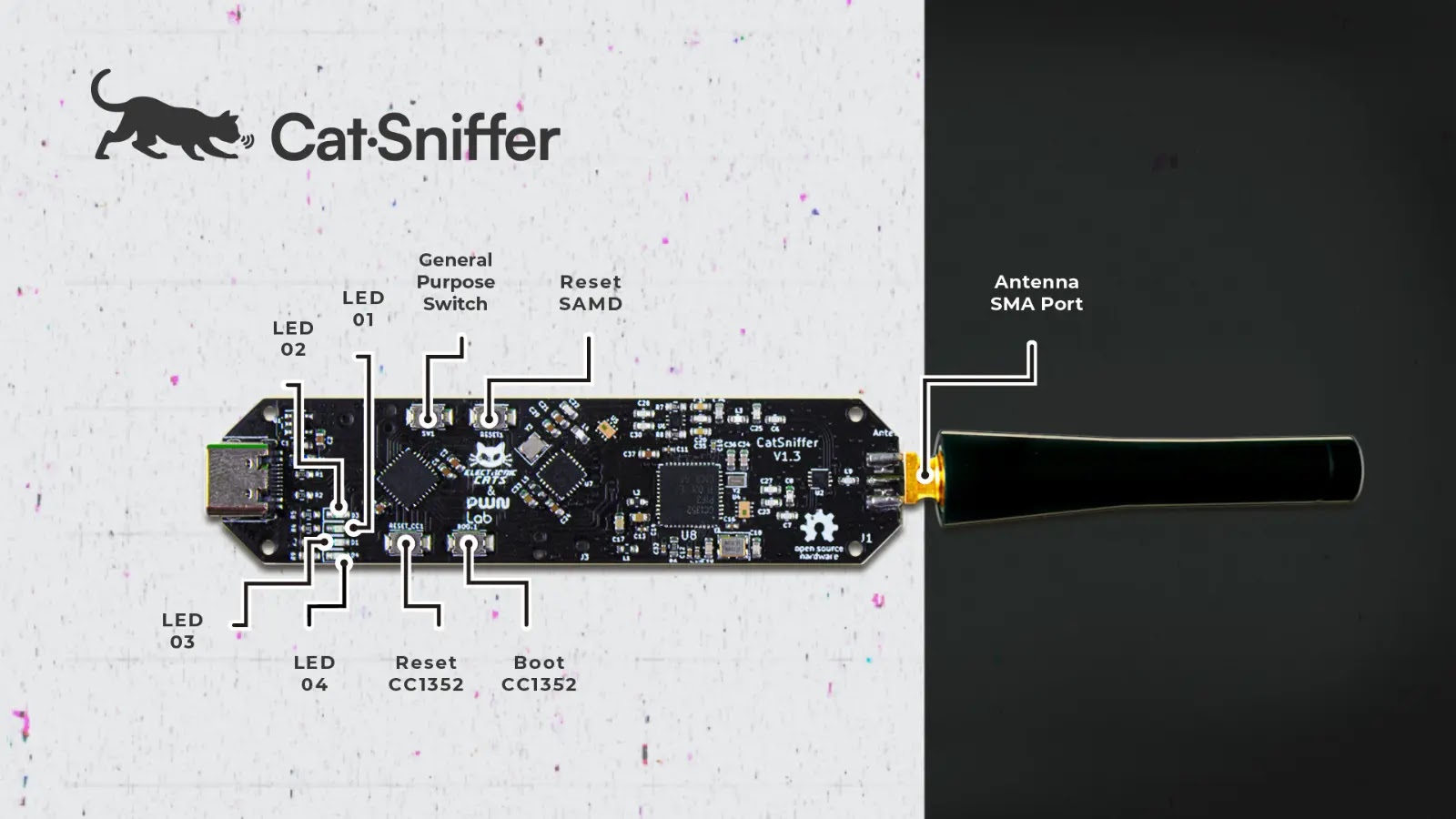In the intricate world of cyber security, managing and understanding access control lists (ACLs) becomes paramount. ‘acltoolkit’ emerges as a vital tool, offering powerful techniques to exploit and manipulate ACLs.
Dive into our comprehensive guide to grasp the nuances of ACL abuse and harness the full potential of the acltoolkit, ensuring you stay steps ahead in the ever-evolving realm of digital security.
acltoolkit is an ACL abuse swiss-army knife. It implements multiple ACL abuses.
Table Of Contents
Installation
pip install acltoolkit-ador
git clone https://github.com/zblurx/acltoolkit.git
cd acltoolkit
makeUsage
usage: acltoolkit [-h] [-debug] [-hashes LMHASH:NTHASH] [-no-pass] [-k] [-dc-ip ip address] [-scheme ldap scheme]
target {get-objectacl,set-objectowner,give-genericall,give-dcsync,add-groupmember,set-logonscript} ...
ACL abuse swiss-army knife
positional arguments:
target [[domain/]username[:password]@]<target name or address>
{get-objectacl,set-objectowner,give-genericall,give-dcsync,add-groupmember,set-logonscript}
Action
get-objectacl Get Object ACL
set-objectowner Modify Object Owner
give-genericall Grant an object GENERIC ALL on a targeted object
give-dcsync Grant an object DCSync capabilities on the domain
add-groupmember Add Member to Group
set-logonscript Change Logon Sript of User
options:
-h, --help show this help message and exit
-debug Turn DEBUG output ON
-no-pass don't ask for password (useful for -k)
-k Use Kerberos authentication. Grabs credentials from ccache file (KRB5CCNAME) based on target parameters. If valid credentials cannot be found, it will use the ones specified in the
command line
-dc-ip ip address IP Address of the domain controller. If omitted it will use the domain part (FQDN) specified in the target parameter
-scheme ldap scheme
authentication:
-hashes LMHASH:NTHASH
NTLM hashes, format is LMHASH:NTHASHCommands
Get-Objectacl
$ acltoolkit get-objectacl -h
usage: acltoolkit target get-objectacl [-h] [-object object] [-all]
options:
-h, --help show this help message and exit
-object object Dump ACL for <object>. Parameter can be a sAMAccountName, a name, a DN or an objectSid
-all List every ACE of the object, even the less-interesting onesThe get-objectacl will take a sAMAccountName, a name, a DN or an objectSid as input with -object and will list Sid, Name, DN, Class, adminCount, LogonScript configured, Primary Group, Owner and DACL of it.
If no parameter supplied, will list informations about the account used to authenticate.
$ acltoolkit waza.local/jsmith:Password#123@192.168.56.112 get-objectacl
Sid : S-1-5-21-267175082-2660600898-836655089-1103
Name : waza\John Smith
DN : CN=John Smith,CN=Users,DC=waza,DC=local
Class : top, person, organizationalPerson, user
adminCount : False
Logon Script
scriptPath : \\WAZZAAAAAA\OCD\test.bat
msTSInitialProgram: \\WAZZAAAAAA\OCD\test.bat
PrimaryGroup
Sid : S-1-5-21-267175082-2660600898-836655089-513
Name : waza\Domain Users
DN : CN=Domain Users,OU=Builtin Groups,DC=waza,DC=local
[...]
OwnerGroup
Sid : S-1-5-21-267175082-2660600898-836655089-512
Name : waza\Domain Admins
Dacl
ObjectSid : S-1-1-0
Name : Everyone
AceType : ACCESS_ALLOWED_OBJECT_ACE
AccessMask : 256
ADRights : EXTENDED_RIGHTS
IsInherited : False
ObjectAceType : User-Change-Password
[...]
ObjectSid : S-1-5-32-544
Name : BUILTIN\Administrator
AceType : ACCESS_ALLOWED_ACE
AccessMask : 983485
ADRights : WRITE_OWNER, WRITE_DACL, GENERIC_READ, DELETE, EXTENDED_RIGHTS, WRITE_PROPERTY, SELF, CREATE_CHILD
IsInherited : TrueSet-Objectowner
$ acltoolkit set-objectowner -h
usage: acltoolkit target set-objectowner [-h] -target-sid target_sid [-owner-sid owner_sid]
options:
-h, --help show this help message and exit
-target-sid target_sid
Object Sid targeted
-owner-sid owner_sid New Owner SidThe set-objectowner will take as input a target sid and an owner sid, and will change the owner of the target object.
Give-Genericall
$ acltoolkit give-genericall -h
usage: acltoolkit target give-genericall [-h] -target-sid target_sid [-granted-sid owner_sid]
options:
-h, --help show this help message and exit
-target-sid target_sid
Object Sid targeted
-granted-sid owner_sid
Object Sid granted GENERIC_ALLThe give-genericall will take as input a target sid and a granted sid, and will change give GENERIC_ALL DACL to the granted SID to the target object.
Give-Dcsync
$ acltoolkit give-dcsync -h
usage: acltoolkit target give-dcsync [-h] [-granted-sid owner_sid]
options:
-h, --help show this help message and exit
-granted-sid owner_sid
Object Sid granted DCSync capabilitiesThe give-dcsync will take as input a granted sid, and will change give DCSync capabilities to the granted SID.
Add-Groupmember
$ acltoolkit add-groupmember -h
usage: acltoolkit target add-groupmember [-h] [-user user] -group group
options:
-h, --help show this help message and exit
-user user User added to a group
-group group Group where the user will be addedThe add-groupmember will take as input a user sAMAccountName and a group sAMAccountName, and will add the user to the group
Set-Logonscript
$ acltoolkit set-logonscript -h
usage: acltoolkit target set-logonscript [-h] -target-sid target_sid -script-path script_path [-logonscript-type logonscript_type]
options:
-h, --help show this help message and exit
-target-sid target_sid
Object Sid of targeted user
-script-path script_path
Script path to set for the targeted user
-logonscript-type logonscript_type
Logon Script variable to change (default is scriptPath)The set-logonscript will take as input a target sid and a script path, and will the the Logon Script path of the targeted user to the script path specified.





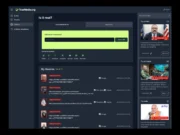



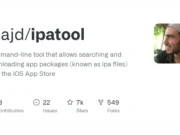
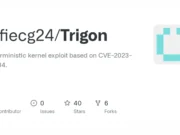

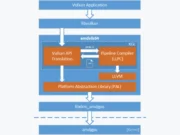
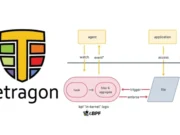



.png)


